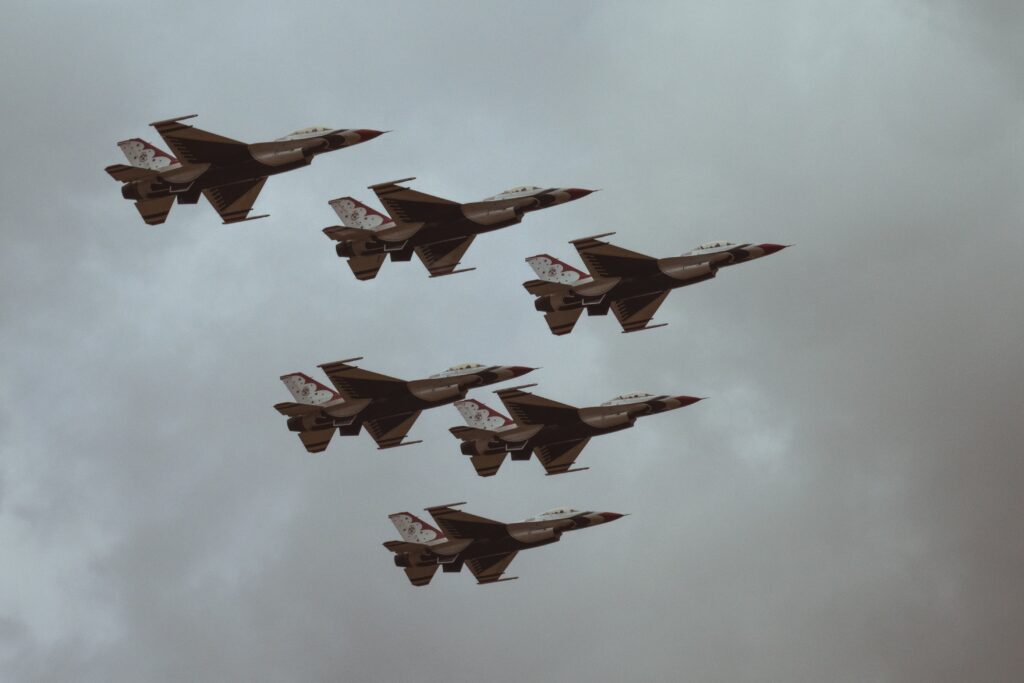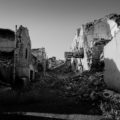Reflections on future scenarios to 2050, between globalization and fragmentation.

In the face of the events of recent months, public opinion is growing anxious about what could happen in the short, but also in the medium and long term. A concern regarding a new and possible pandemic, or the rising seas and the desertification of areas with a temperate climate today, or even a nuclear war. On this last point, an interesting article by Donato Speroni, published in the magazine "Futuri" analyzes the prospects to 2050 in relations between States and in the methods for resolving conflicts, based on the evolution of the environmental and social context and technologies. Speroni applies the "three scenarios" method to the theme: the sustainable one, strongly linked to respect for principles of the UN Agenda 2030 signed up by 193 countries in 2015 and its 17 Sustainable Development Goals; that (or it would be better to say "those", because many things can go wrong) of the collapse of civilization and the increase in violence between states, social groups and people; finally an intermediate scenario of business as usual, which in fact degrades the planet and the living conditions of humanity.
The first is a scenario of peace, perhaps reached through serious traumas, as happened with the birth of the UN and the intensification of multilateral cooperation after the Second World War; the second is unpredictable because it can lead to total wars, nuclear catastrophes, new weapons of mass destruction; the third, the most probable one unloads the problems on future generations, when probably many values, beauties and biological riches of the Earth will by now be lost. However, an unknown factor weighs on all of this: will humanity still be the arbiter of its destinies or, following its multiple failures, will it have revoked the burden of choices at government tables and on the battlefields to hand them over to artificial intelligence?
What is happening these days leads to a possible, albeit strange reflection: are we heading towards an increasingly globalized yet at the same time increasingly fragmented world? Growing globalization in a more fragmented world may seem like an oxymoron that needs explaining. Putin's war does not aim to conquer a few hundred square kilometers but to counter the Western economic, political and economic model, and up to a certain point also religious model represented by the United States and Europe, plus some other countries such as Japan , Korea or Australia.
China has big hegemonic goals and broadly has the same goal as Russia, even if it is cautious not to compromise its own interests in doing so. Middle powers, which grow and dominate locally thanks to a young population and an available and increasingly powerful technology, with artificial intelligence in the first place, are losing alignment with the model composed of the combination of market economy and political democracy and they are tempted by a different model, where the economy is more controlled and democracy more limited. They are countries like India, Brazil, South Africa, Saudi Arabia, Nigeria, Indonesia, Iran itself. And many less developed countries may be increasingly tempted to move away from the Western capitalist formula and experiment with a different model.
Different from what? From a global structure where the liquidity crisis of a non-major bank is enough to trigger a financial crisis. Where 5-10 large technologically dominant companies have a higher market capitalization than all others combined. Where the costs of climate change are attributed to those who generated the problem in the past 200 years and not equally to those who have just started contributing to it. And where in a health crisis the costs and benefits are poorly distributed due to a system too dependent on financial, patent and innovative capacity.
Fukuyama's idea of the inevitable triumph of Western society was a dangerous illusion. What we have before us is a possible epochal change leading to the true end of the era of colonialism and imperialism. It is not a question of the return of the equally dangerous communist illusion, but of a possible accession of countries located in various parts of the world to a political, economic and social model different from the one which dominated for many centuries and which has survived until today always knowing renew despite the cyclical crises it causes around the world. It may not happen in this near future, but we must ask ourselves whether the prospect of a more globalized and more fragmented world is not the real risk we are facing.
(Photo by UX Gun on Unsplash)






